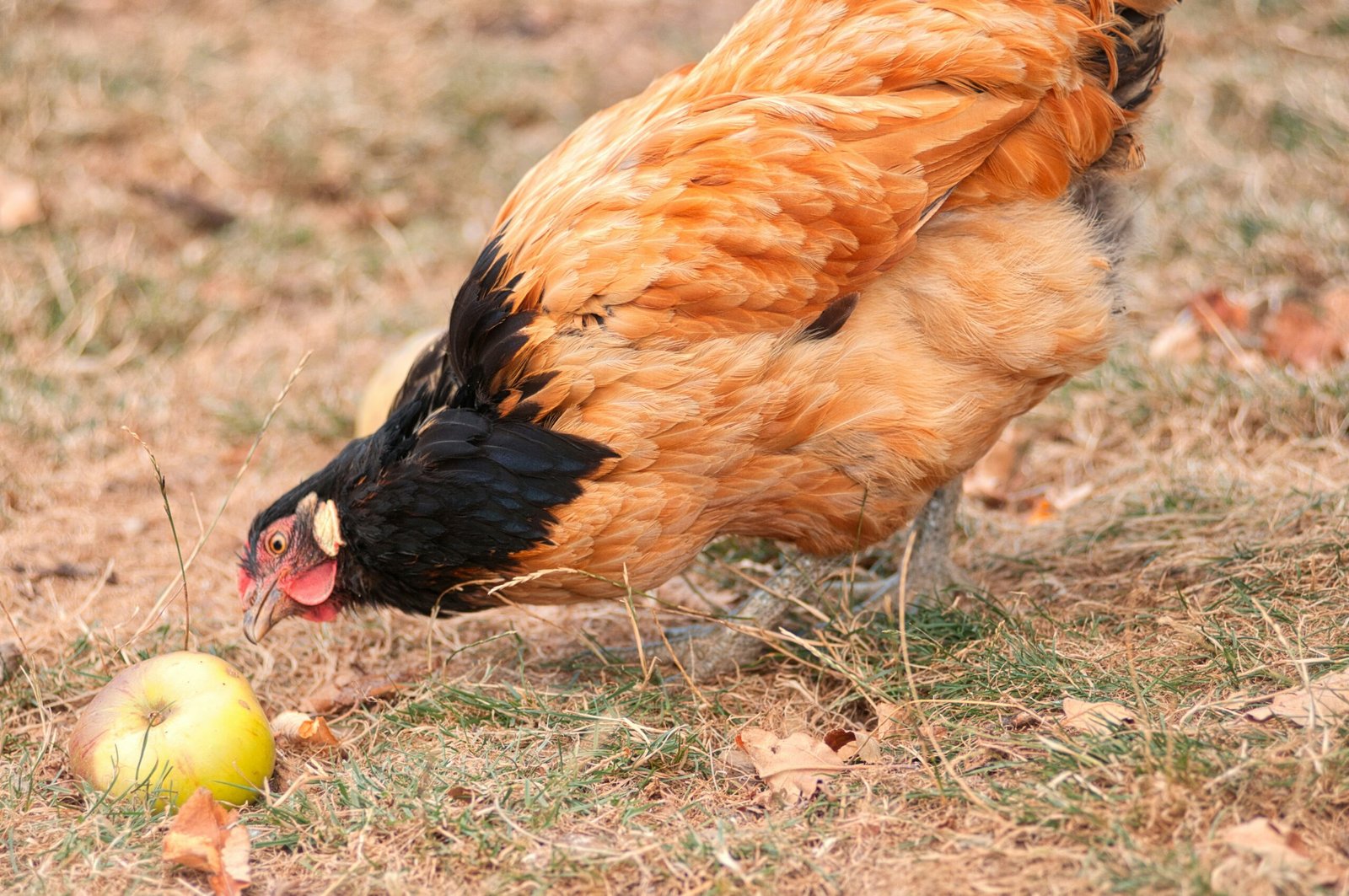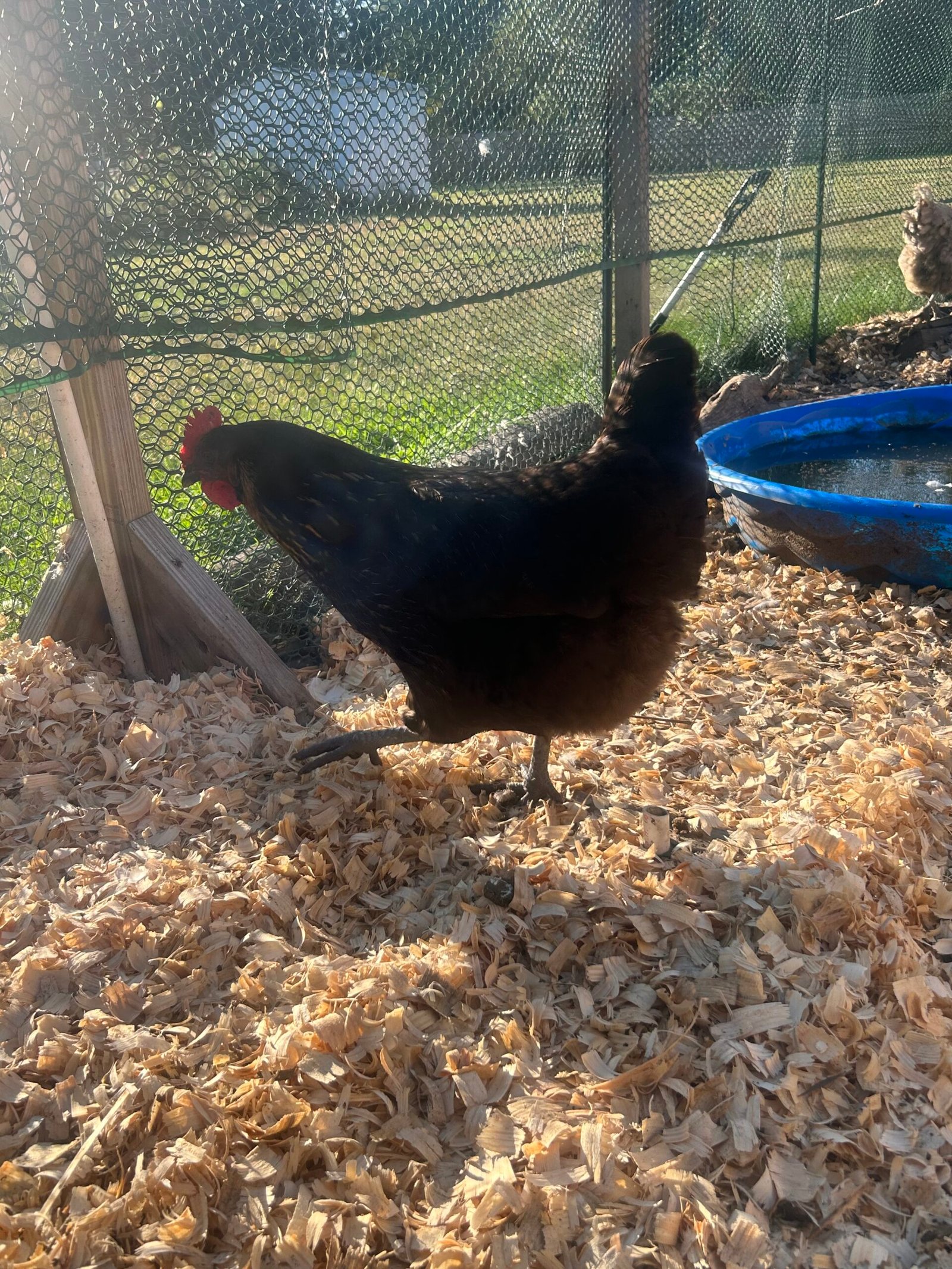Chickens are not just your average farm animals; they have a complex social structure and fascinating behavior patterns. Understanding their behavior and social interactions can help you manage your flock more effectively and ensure their well-being. In this blog post, we will delve into the intriguing world of chicken behavior, including the pecking order, social interactions, and how to manage aggression. We will also explore the concept of environmental enrichment and its role in enhancing the overall welfare of your chickens.
The Pecking Order: Establishing Hierarchy
One of the most well-known aspects of chicken behavior is the pecking order. This hierarchical system determines the social structure within the flock. Chickens establish their rank through pecking, chasing, and other dominance behaviors. The dominant birds have priority access to food, water, and other resources, while lower-ranking individuals must wait their turn.
Understanding the pecking order is essential for flock management. It helps prevent excessive aggression and ensures that all chickens have fair access to resources. When introducing new birds to an existing flock, it is important to monitor their interactions closely to prevent bullying and injury. Gradual introductions and providing multiple feeding and watering stations can help ease the integration process.
Social Interactions: Communication and Bonding
Chickens are highly social animals and engage in various forms of communication and bonding. They use vocalizations, body language, and displays to convey information and establish social bonds within the flock.
Roosters often crow to assert their dominance and communicate with other members of the flock. Hens use different vocalizations to communicate with their chicks and alert the group to potential dangers. They also engage in preening and dust bathing together, which helps strengthen social bonds and maintain a clean and healthy plumage.
Observing and understanding these social interactions can provide valuable insights into the overall well-being of your flock. If you notice any sudden changes in behavior, such as excessive aggression, isolation, or lethargy, it may indicate underlying health issues or stressors that need to be addressed.
Managing Aggression: Promoting a Peaceful Flock
Aggression can be a natural part of chicken behavior, especially during the establishment of the pecking order. However, excessive aggression can lead to injuries and stress within the flock. Managing aggression is crucial for maintaining a peaceful and harmonious environment for your chickens.
Providing adequate space and resources is essential for reducing aggression. Overcrowding can lead to increased competition and aggression among flock members. Aim for at least 4 square feet of space per chicken in the coop and provide multiple feeding and watering stations to minimize resource guarding.
Environmental enrichment is another effective strategy for managing aggression. By providing a stimulating and enriching environment, you can help divert their attention and reduce boredom-induced aggression. This can include providing perches, dust bathing areas, and objects for pecking and exploring.
Enhancing Well-being through Environmental Enrichment
Environmental enrichment plays a crucial role in enhancing the overall well-being of your flock. Chickens are curious animals that thrive in environments that offer opportunities for natural behaviors and mental stimulation.
Consider adding features such as perches, nesting boxes, and roosting bars to the coop. These additions provide opportunities for exercise, exploration, and rest. Additionally, creating a dust bathing area with sand or fine soil allows chickens to engage in their natural behavior of dust bathing, which helps keep their feathers clean and healthy.
Introducing novel objects and toys, such as hanging cabbage or treat dispensers, can also keep chickens entertained and prevent boredom. Remember to regularly rotate and replace enrichment items to maintain their effectiveness.
In conclusion, understanding chicken behavior and social structure is essential for effective flock management. By recognizing the pecking order, promoting positive social interactions, and managing aggression, you can create a harmonious environment for your chickens. Additionally, environmental enrichment plays a vital role in enhancing their well-being and overall quality of life. By providing a stimulating and enriching environment, you can ensure that your flock thrives both physically and mentally.





